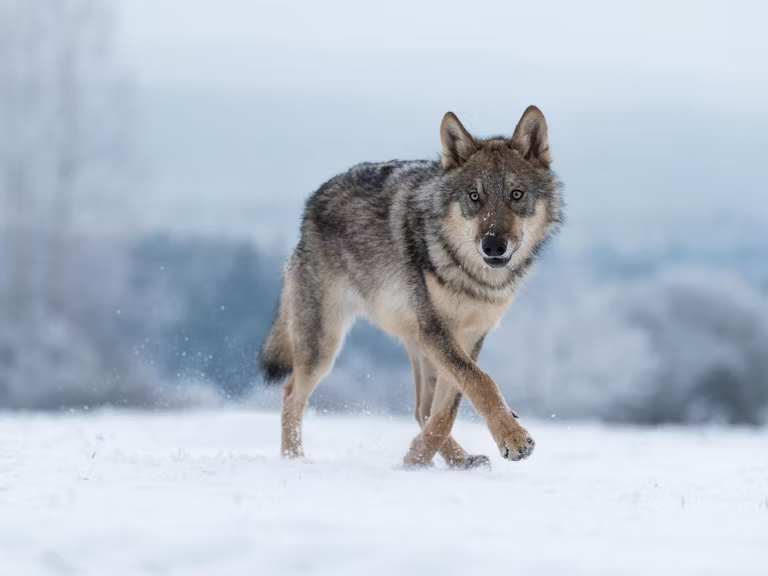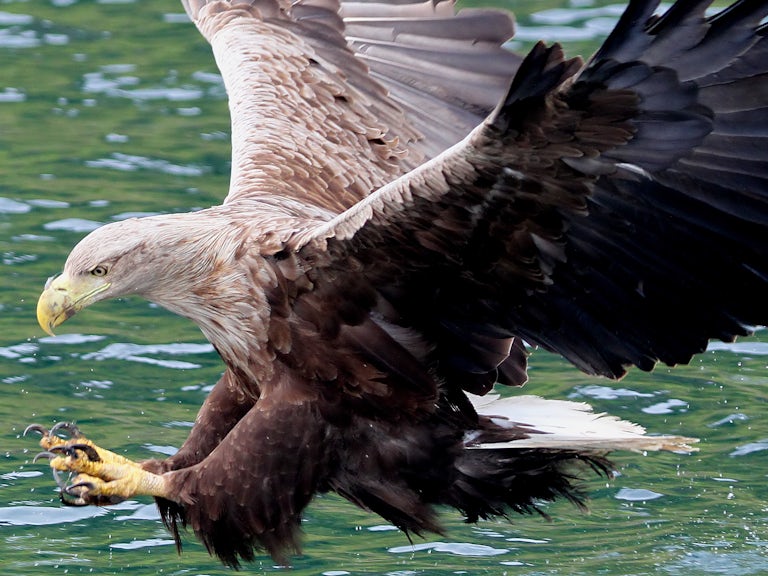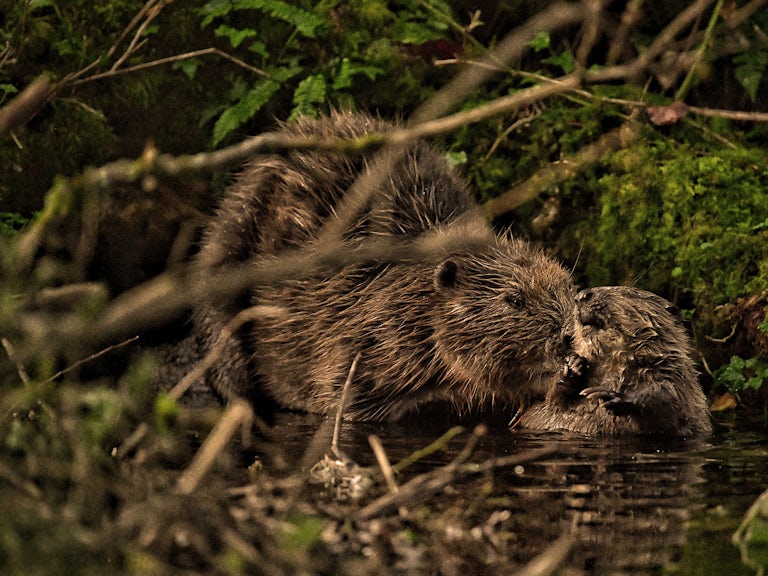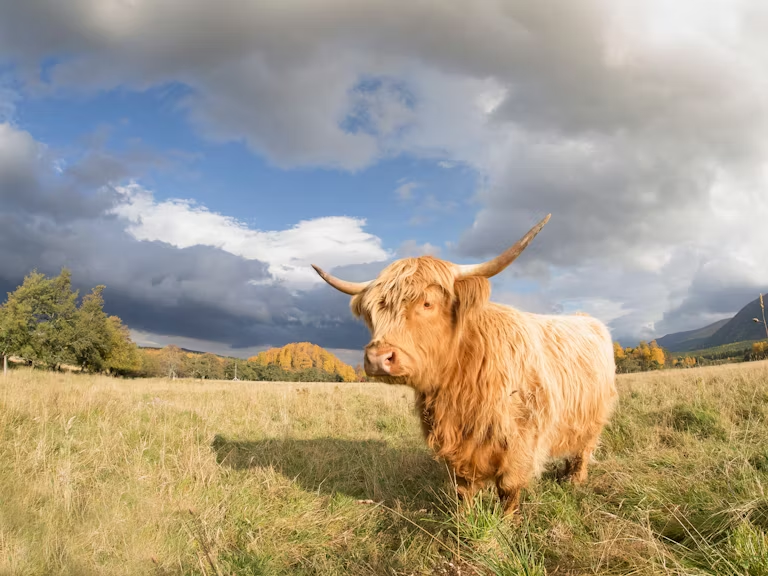Wild Ken Hill
Wild Ken Hill in Norfolk, achieved national prominence through BBC Springwatch. Find out how rewilding is helping the farm boost revenue, profits and employment.

Wild Ken Hill, a family-owned holding in west Norfolk of 1,600ha, achieved national prominence this year when it was selected as the base for BBC Springwatch in 2021.
Over 12 hours of live broadcasting on BBC2, millions of viewers enjoyed watching a host of Wild Ken Hill’s wildlife – from avocets to oyster catchers to marsh harriers. At the same time, they learned about the estate’s pioneering approach to conservation, rewilding, and regenerative agriculture.
Wild Ken Hill began turning over 400ha of poor quality farmland and forestry to nature in 2018. Crops continue to grow on another 800ha using regenerative agriculture techniques to protect the long-term fertility of its soils.
There were two principal motivations for Wild Ken Hill’s change in approach. Firstly, the estate wanted to address the worsening biodiversity and climate crisis head-on. Secondly, it was keen to future-proof its operations from Brexit (and the likely loss of Common Agricultural Policy payments) and other commercial challenges.
200 days
of school visits per year
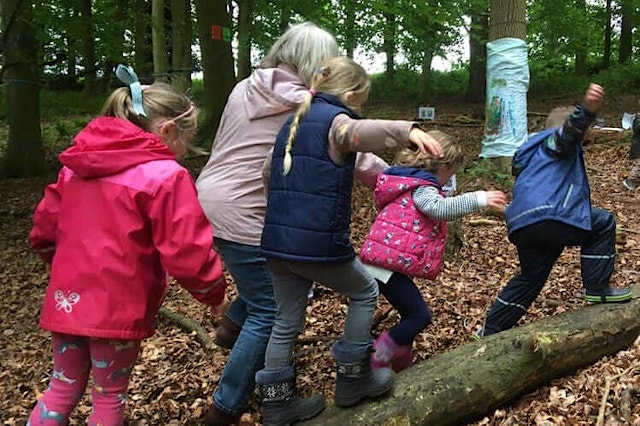
Three years in, project manager Dominic Buscall says that revenues, profits and employment on the estate have increased since making the radical changes.
He explains that rewilding is already helping Wild Ken Hill to generate more income than it used to. Wild Ken Hill’s rewilding area comprises 200ha of former farmland and 200ha of woodland. Historically, the gross margin on the poor quality farmland was £375/ha. Now it is £550/ha, thanks to environmental payments from the Countryside Stewardship Scheme (CSS). The woodland, which generated very little income before, is also receiving money from the CSS.
Wild Ken Hill has added one full-time equivalent post since embarking on its rewilding project, recruiting a conservation leader. It now has six and a half full-time equivalent roles. Some of the jobs have evolved. As pheasants are no longer reared for shoots, a game keeper has adapted his skills to become a wildlife ranger.
“Quite quickly, we think it will become a multi-million source of revenue. That potentially doubles, if not more, the size of our overall enterprise”
Dominic Buscall
Project Manager
Volunteering has grown to 10 people. Wild Ken Hill actively engages with its local community, hosting groups of children on up to 200 days a year and presenting to local churches and clubs. “The interaction between us as land managers and the community has grown significantly since the project started,” says Buscall.
Wild Ken Hill also plans to develop enterprises focused on nature-based tourism. The estate wants to offer camping and glamping, a visitor centre and a range of outdoor activities with a nature focus. Recently, it launched guided tours of the site. 800 tickets have sold so far this year, with an average price of £35 a head. Wild Ken Hill has also arranged a number of bespoke visits for companies who pay to visit the estate.
Buscall says this diversification should help the estate weather any changes to CSS funding in future years, and help to grow Wild Ken Hill’s income. “Quite quickly, we think it will become a multi-million source of revenue. That potentially doubles, if not more, the size of our overall enterprise.”
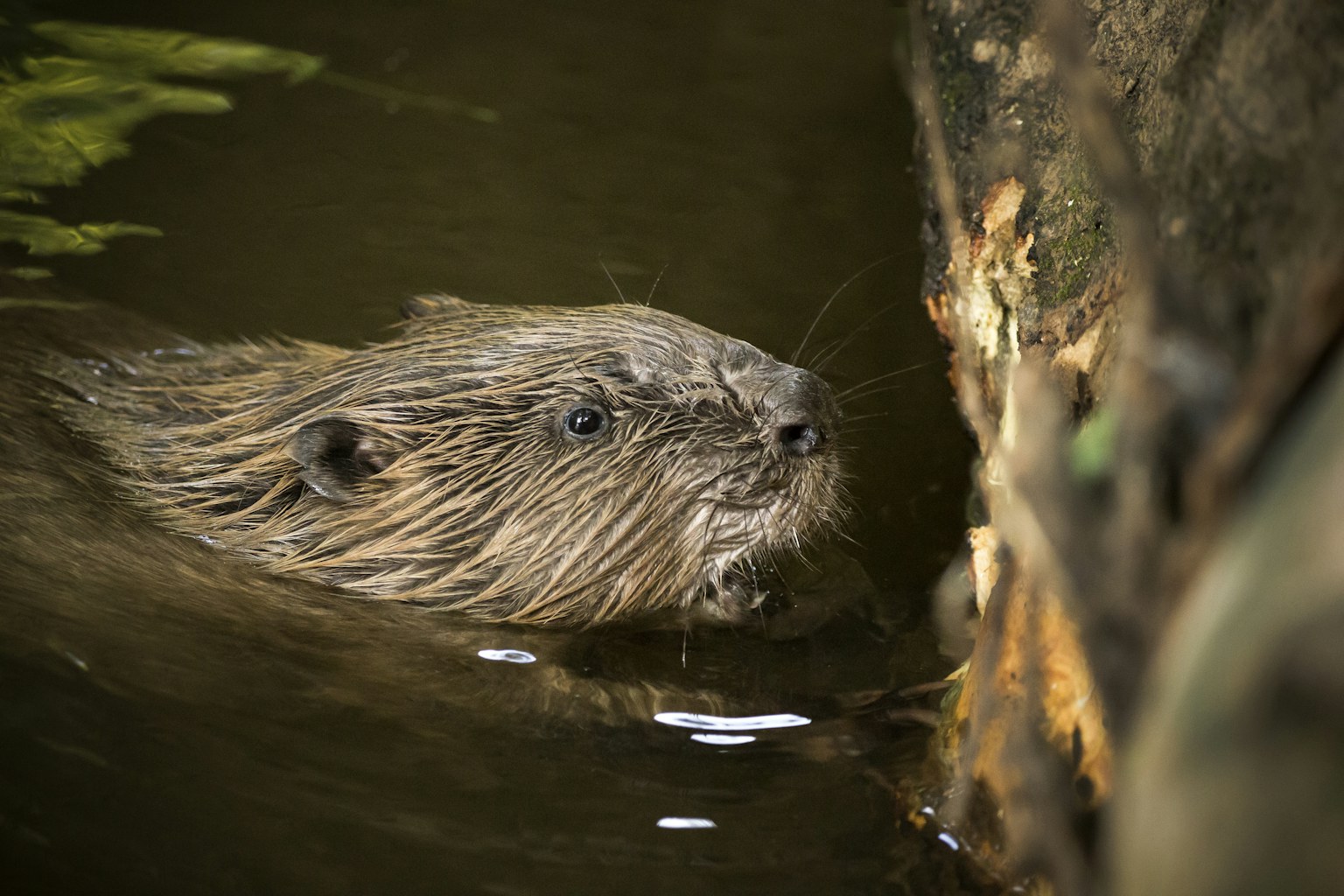
Read more about Wild Ken Hill and other rewilding projects on the Rewilding Network Map.
Page updated October 2021
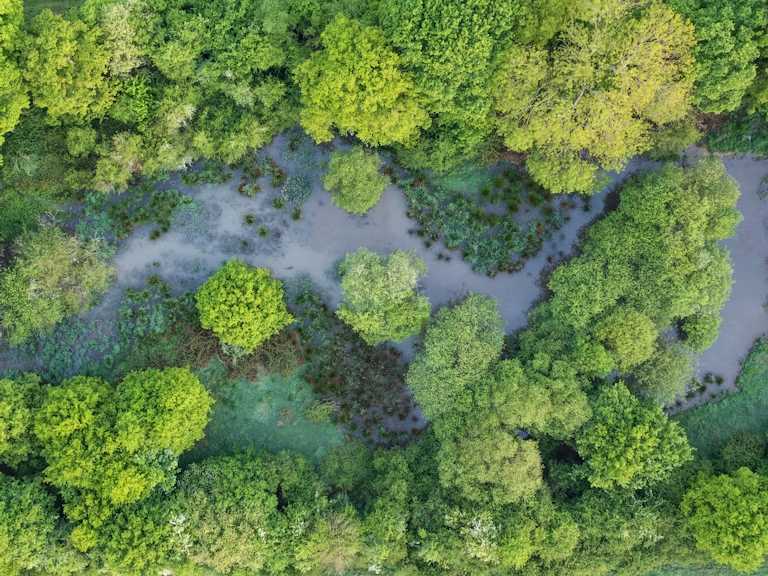
Explore our Rewilding Manifesto
We need UK Government to Think Big and Act Wild for nature, people and planet.
Learn more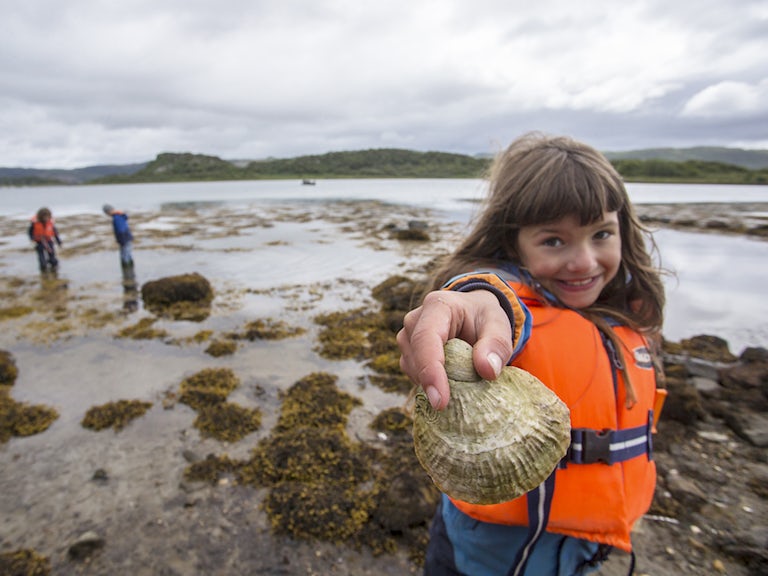
Our vision
We have big ambitions. Find out what we’ve set out to achieve through rewilding.
Our 2025-2030 strategy
